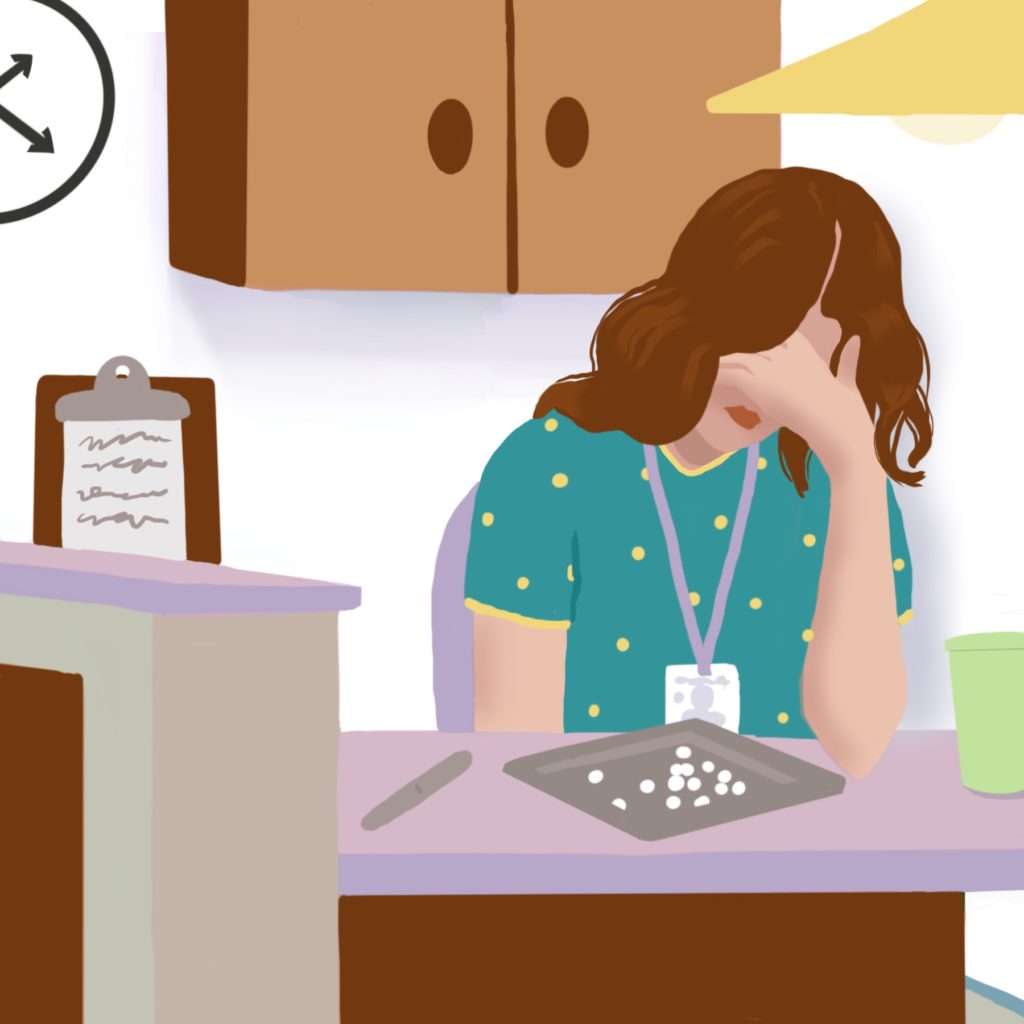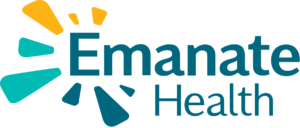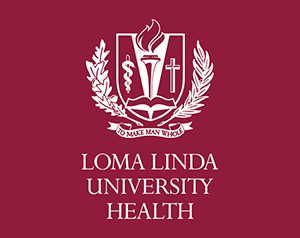Feature
Overload: The Simple Improv Exercise That Shines a Light on Nursing Stress
How constant interruptions lead to errors and burnout

Some years ago, while growing my consulting business and working on my second book on nurse communication, I took a job working 12-hour weekend shifts on a secure unit for residents with dementia.
I loved working with this population when we were staffed properly. Unfortunately, more often than not, someone would call out, leaving me and one aide to care for 20 patients with moderate to advanced memory loss, language difficulties and cognitive decline.
Those shifts were 12 hours of being pulled in every direction at once. By the end of shift on Sunday, I was worn out, physically and emotionally.
This led inevitably to mistakes.
I remember one Sunday evening when, while doing the narcotics count with the incoming nurse at the end of my shift, we discovered that I had made a medication error. Fortunately, the patient was fine, but I just wanted to cry and give up!
During the year or so that I kept this position, my close friends and family could see that I was drained. Yet, I could not really explain what was so draining about that job, or why it would leave me so overwhelmed that I could make a potentially serious mistake and not even notice until hours later.
Even my colleagues, who’d often been in that same boat, had trouble explaining this sense of overwhelm.
The “Overload” Exercise
I already had a strong interest in using the techniques of improvational theater as educational tools. I’d developed several classroom-tested activities to build assertiveness (“I Am”) and raise awareness about general communication (“‘Yes, and …’ ‘Yes, but …’”).
Around this time, I came across an activity called “Overload” in Nancy Hurley’s 2009 book 175 Theatre Games: Warm-Up Exercises for Actors. The exercise was intended to help actors practice concentration and listening, but I saw right away that it might also be useful for nurses.
In April 2011, I tried this exercise for the first time at a theater in New York with a group of about 20 or so students and teachers from NYU. The group included people with backgrounds in theatre education, nursing and healthcare communication.
To introduce the exercise, I shared some statistics from the Institute of Medicine and The Joint Commission’s research on communication and medical errors.
I invited four volunteers to come to the front.
- One person would count to 100 by fours (4,8,12 and so on).
- Two people would stand on either side of this person. One would ask the counter very simple personal questions like, “What’s your favorite color?” or, “How many children do you have?” The other would ask easy math problems like, “What’s 2 plus 3?” or, “What’s 5 divided by 1?” The counter was asked to quickly respond to these questions.
- The fourth person was instructed to stand in front of the counter and make slow, moving gestures with their arms and head, which I instructed the counter to try to mirror.
The results were jaw-dropping.
The same invisible stress that I’d felt and had so much trouble articulating in my direct care work as a nurse suddenly became clearly visible. Each of the tasks I’d asked the counter to perform was simple and low-stakes, but trying to deal with these interruptions all at once left the counter overwhelmed within moments.













